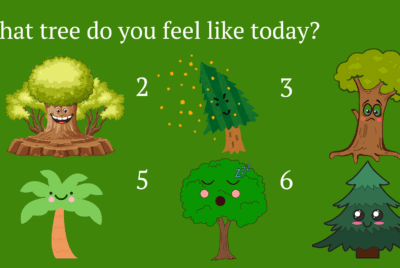RESEARCH
Therapeutic Horticulture as a Therapeutic Intervention in Patients Receiving Electroconvulsive Therapy (ECT) Treatment for Major Depressive Disorder
Summary
This study looked at whether adding gardening activities could help improve mood and quality of life for patients with severe depression who were receiving electroconvulsive therapy (ECT) in a hospital. The researchers divided patients into two groups – one group participated in gardening sessions twice a week in addition to their usual treatment, while the other group just received the standard treatment. Both groups filled out questionnaires about their depression symptoms and quality of life at the beginning and end of the study.
The results showed that both groups improved significantly in their depression symptoms over the course of treatment. However, adding the gardening activities didn’t seem to make a big difference in depression scores compared to just getting the standard treatment. Interestingly, the group that did gardening showed some improvement in their ability to handle physical tasks in daily life, while the other group got slightly worse in this area. Overall, the study suggests that while gardening activities may have some benefits, they didn’t dramatically improve depression symptoms beyond the effects of the main treatment.







